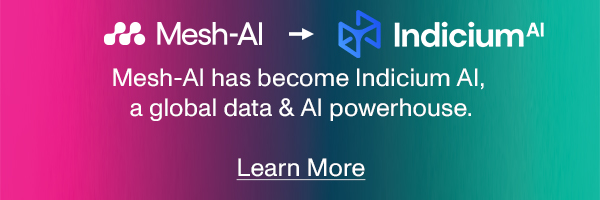


The desire to adopt AI at scale has led to an awakening among enterprises for how they govern their data.
There is a pressing need to reimagine how this is done, to ensure quality data is made accessible, through the right controls, to let innovation flourish.
Data today is diverse and decentralised, sourced from various places, and owned by different teams.
Traditional ways of managing this data are centralised, often involving tight controls owned by a single team and centralised on a monolithic platform. This centralisation creates a gap, as it's not conducive to managing decentralised data effectively.
Fully decentralised handling of data poses challenges for large organisations. While it promotes innovation at pace, it is often siloed and lacks interoperability and cohesion. This creates issues for compliance and keeping costs in check.
A federated operating model offers a solution. It’s the Goldilocks zone for data. One with shared norms and processes but decentralised data ownership.

This model permits business segments with the deepest understanding of their data to maintain ownership and be accountable for unlocking the value that data holds.
It promotes accountability, sustainability, interoperability, autonomy, agility, and literacy.
Implementing a federated model enables organisations to operate at scale, with agility and cohesion. Ultimately, it helps organisations extract more value from data, aligning with growth and adaptability goals.
By reimagining the approach to managing data, enterprises can unlock the value they need - a balanced solution to manage enterprise data effectively, combining the benefits of both centralisation and decentralisation.
To increase the quality and accessibility of data, and foster the creation of new products and services for your business, adopt a federated approach. Find out how you can.
